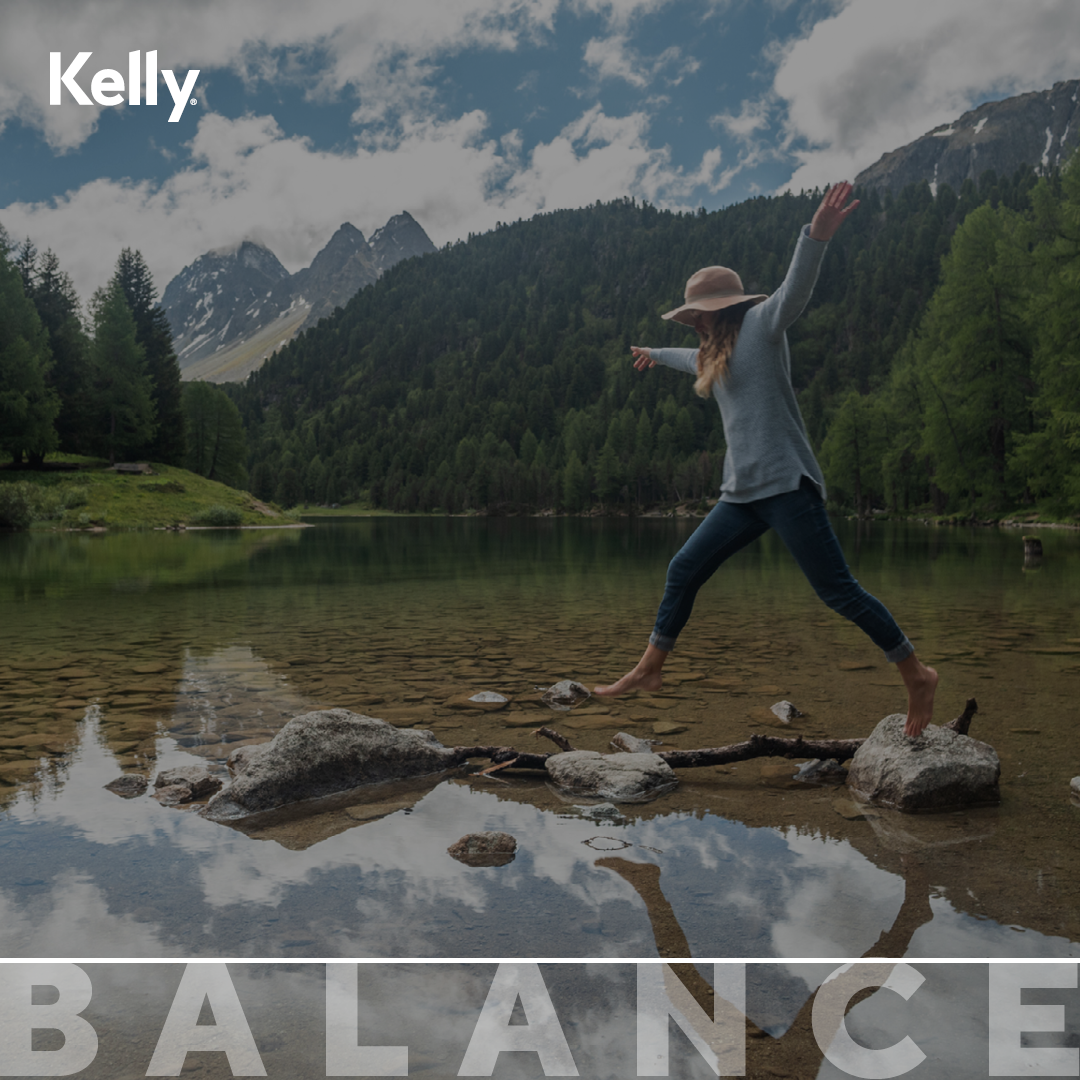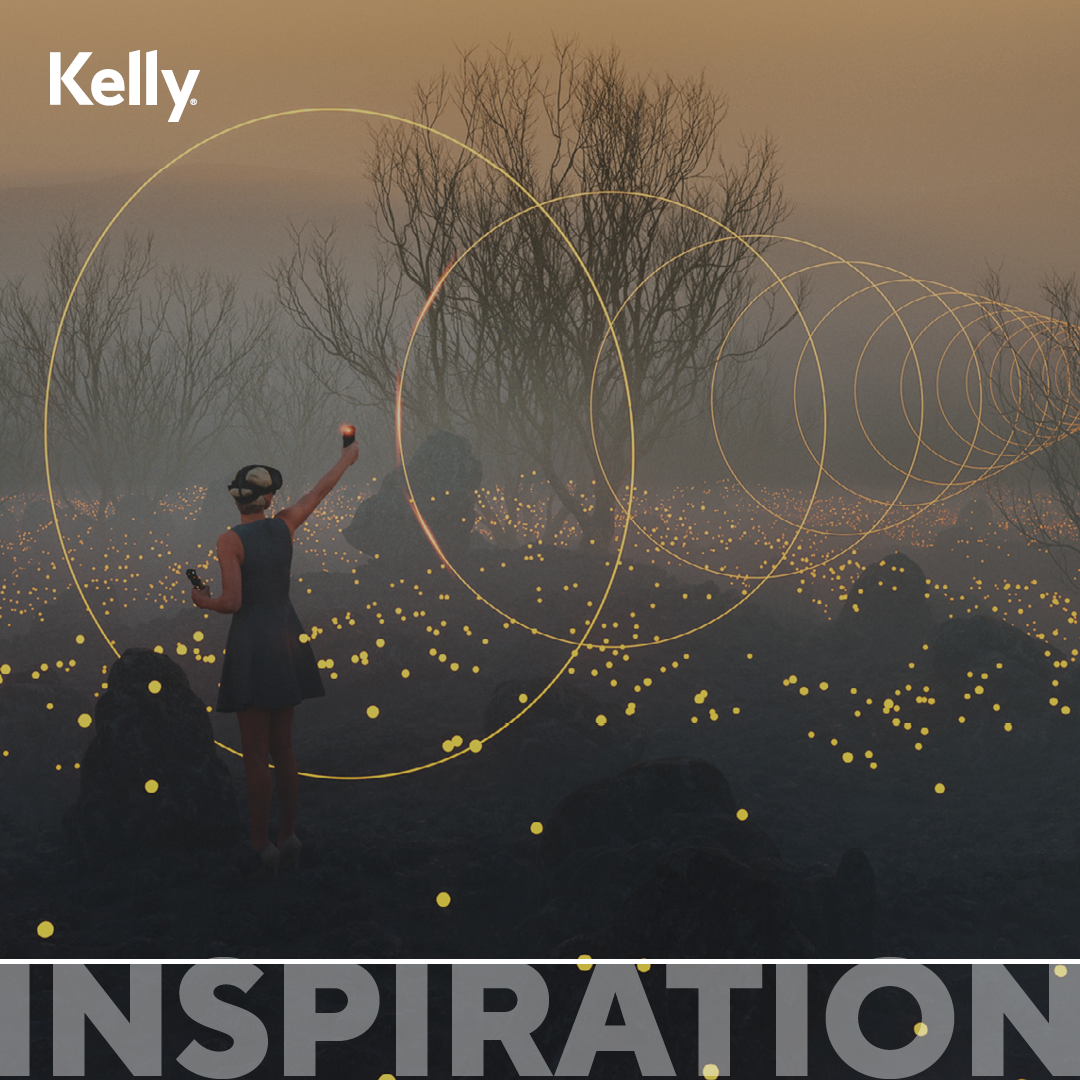
Ok, you have your PhD or you’re working on it, but what’s next? It’s a question that thousands of scientists and academics ask themselves every year. Transitioning from academia to a new professional role can feel like a big leap, but you already have many of the skills you need to shine. Our consultants and talent experts help people around the world to find their next move every day, and we’ve brought together the big questions that can help you to think about the specialism and industry that you’d like to land in.
Explore these questions to shape your thinking on life after PhD.
What are your biggest personality traits?
This is a big decision and it makes sense to start with you. There are lots of ways to explore your dominant personality traits, from self-reflection to standardised testing or an in-depth assessment with a work coach. We often use the DISC personality scale when we’re working with candidates, but there are other high-profile personality tests that you can find online. The important thing is to understand what type of role will make you happy. If you’re a details person then something in quality or regulatory affairs may be your perfect match, while outgoing influencers may thrive in a fast-paced sales role.
What skills do you have?
This one sounds simple, but you probably have more skills than you think. You need to explore not only the quantifiable technical skills that you have picked up during your academic career and internships, but also the soft skills that shape the way you work. Soft skills could include a knack for problem solving, adaptability, resilience, and leadership skills. Finally, mad skills are an important buzzword in talent right now, and they relate to outstanding skills in a key area or a strong entrepreneurial drive.
Do you want to be permanent or independent?
The world of work has shifted fast in the last few years and there are more independent and freelance workers than ever before. Working as an independent consultant could provide the freedom to explore different types of organisations, industries, and ways of working. However, you may be looking for a job with greater security and the stability to put down roots and really get to grips with a specialism. There is no right or wrong path, but it’s an important consideration for every science professional in today’s jobs market.
What does the jobs market look like?
Although much of this big decision revolves around internal factors, it’s also important to be aware of what’s going on in your local and global talent markets. You can get some sense of where opportunities lie by exploring job boards, being part of professional networks, and keeping up with the latest talent news and trends, but it’s always useful to have a conversation with an expert. Our friendly consultants have worked or studied in the scientific world and they can share personalised advice on the jobs market in your area of expertise.
Want to find out more about transitioning from academia to a new professional role? Check out our recent webinar from Emmanuelle Hoarau, PhD, to discover more tips and insights on choosing your next steps. Or reach out to our experienced team for advice on matching with your ideal role.







